In a compelling keynote address that set the tone for a landmark intellectual gathering, Professor Adeshina Afolayan of the University of Ibadan challenged African scholars and institutions to confront the persistent shadows of colonial knowledge systems and reclaim the continent’s intellectual agency.
Speaking on Thursday, July 10, 2025, at the international philosophy conference hosted by the University of Lagos (UNILAG), Professor Afolayan described Africa’s postcolonial intellectual landscape as “a disturbing sight,” where universities continue to reproduce inherited paradigms rather than forge new ones anchored in African realities.
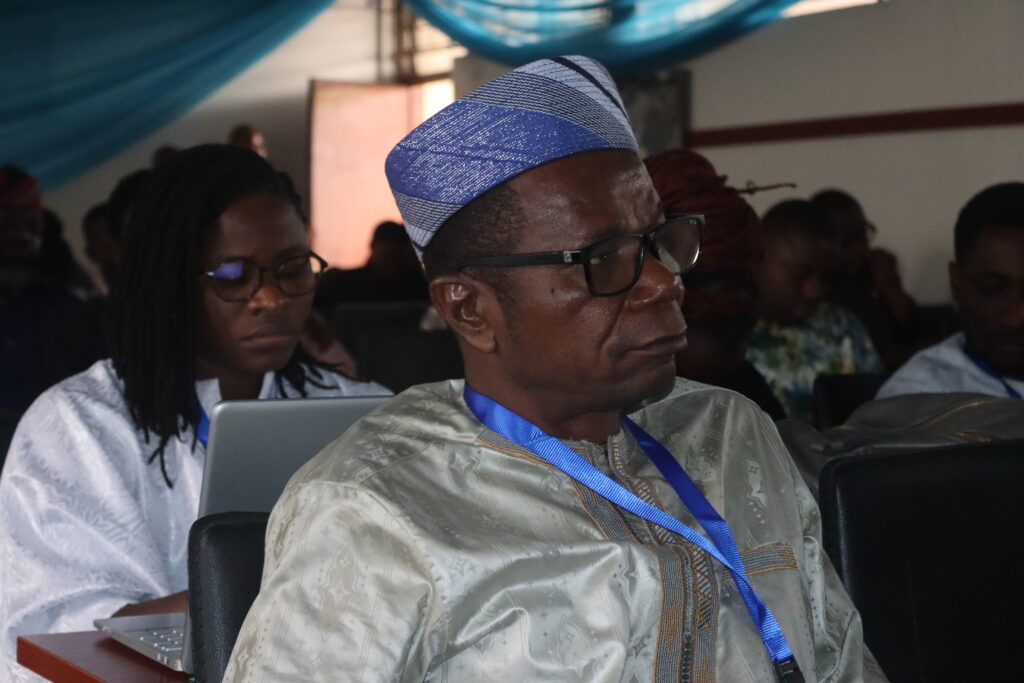
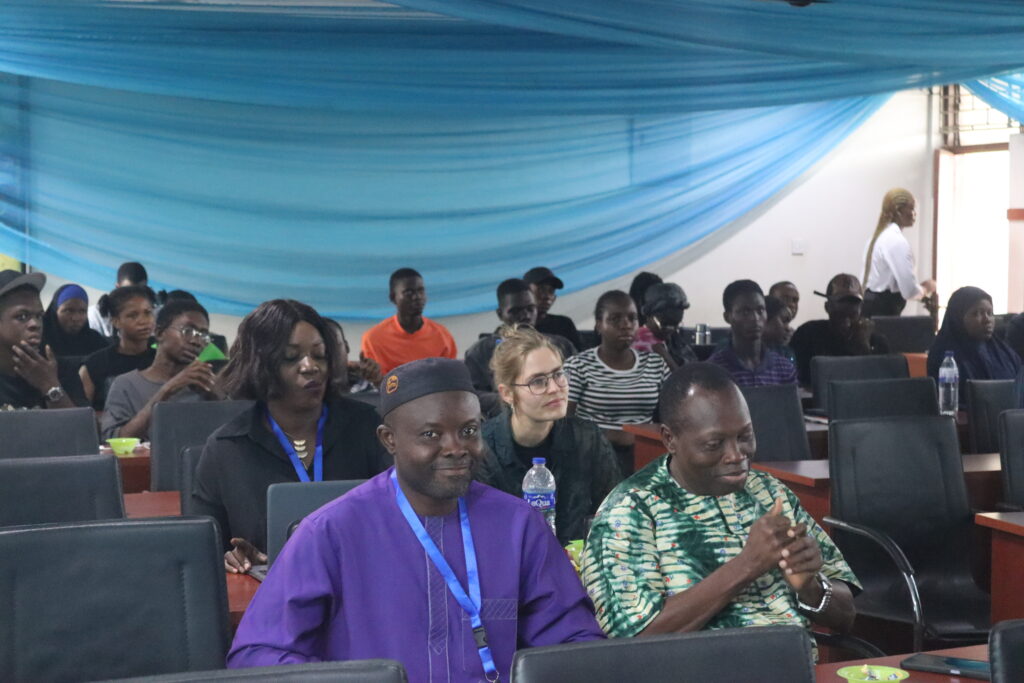
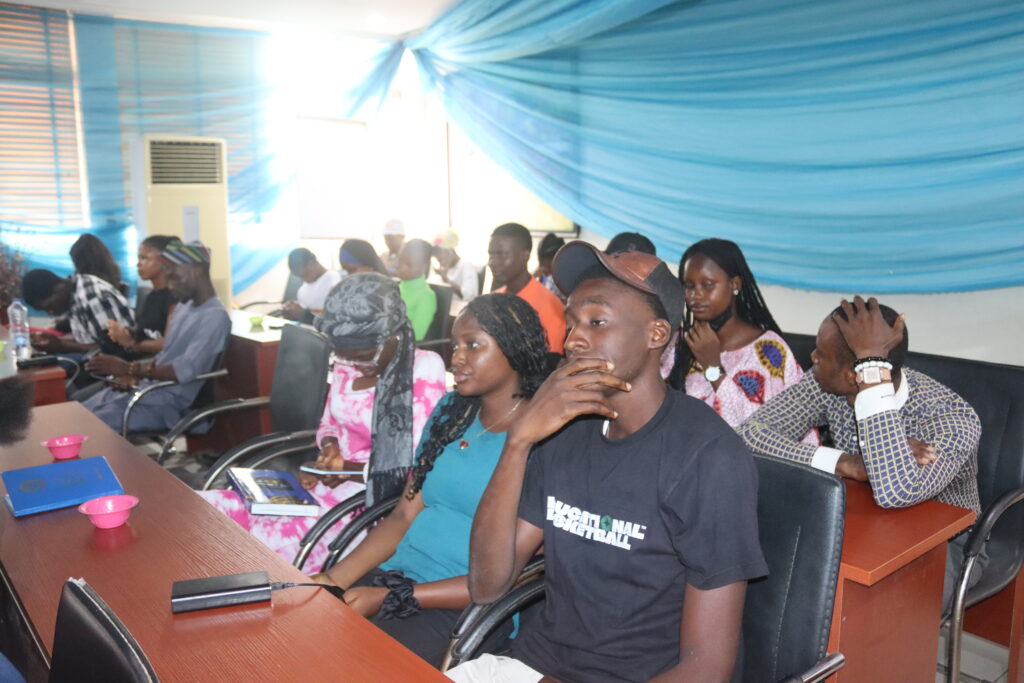
“We must move beyond borrowed theories and build frameworks grounded in our histories, languages, and lived experiences.”, he submitted.
Reflecting on the legacy of the philosophers honoured at the conference like Sophie Oluwole, Campbell Shittu Momoh, Kwasi Wiredu, and Paulin Hountondji, Prof. Afolayan argued that their work is not merely to be remembered but to be advanced.
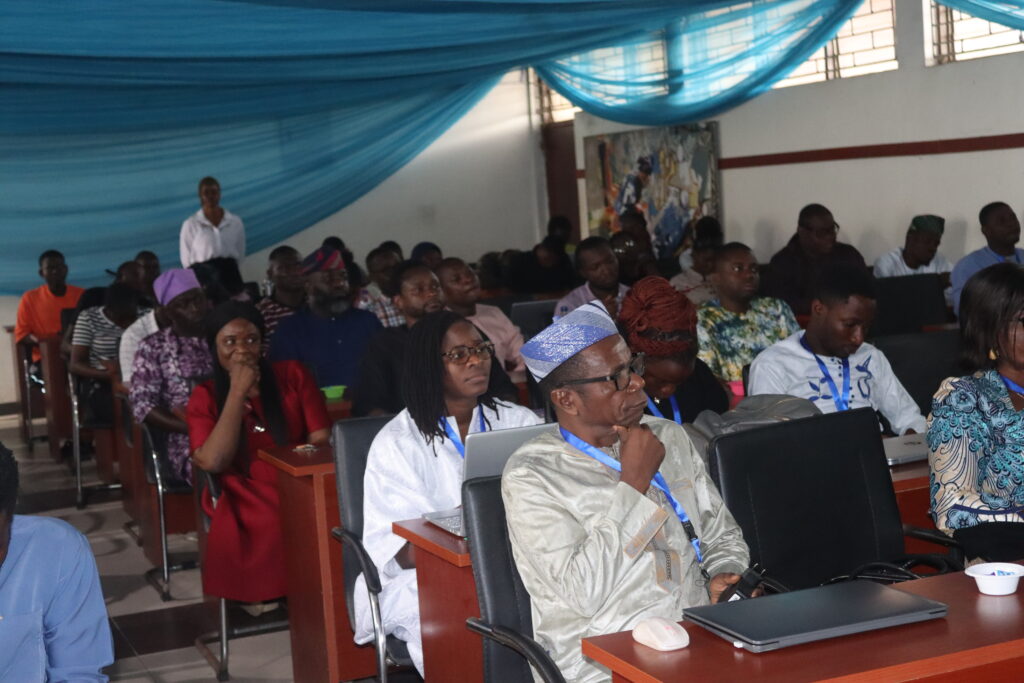
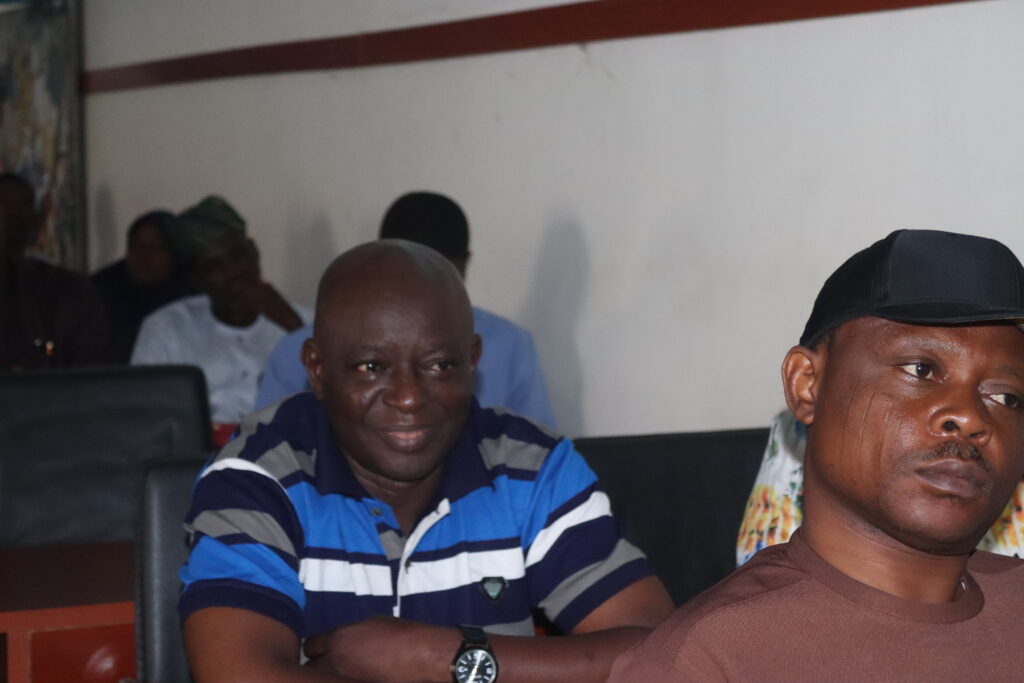
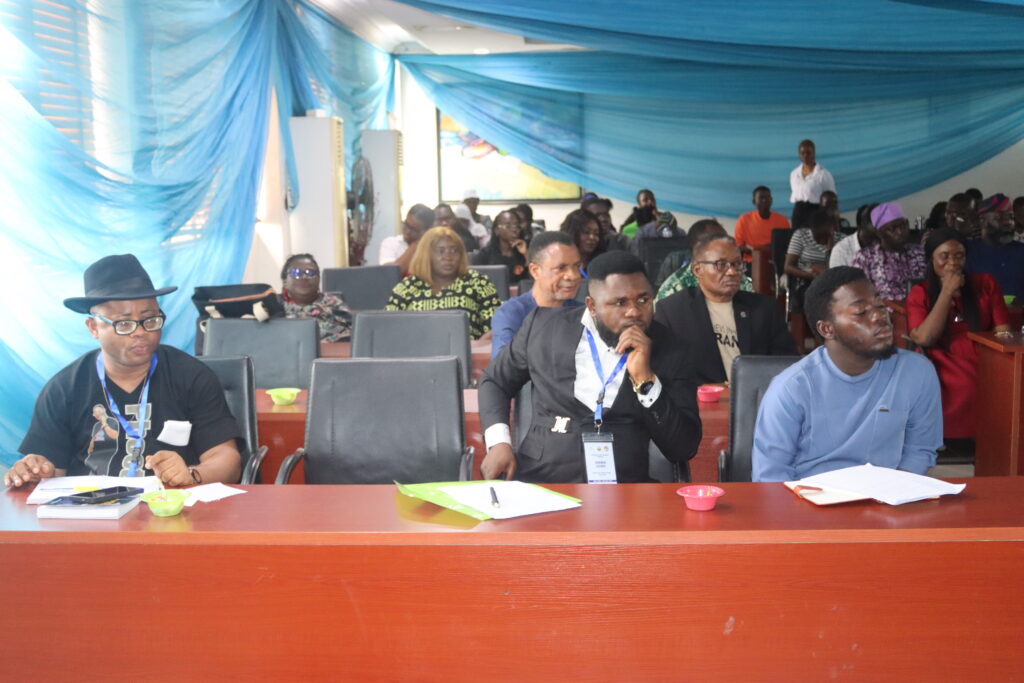
He praised Professor Oluwole for restoring dignity to indigenous knowledge through her focus on orality and Yoruba philosophical traditions. He credited Momoh with championing critical rationality and philosophical nationalism, while commending Wiredu’s proposals for conceptual decolonization and an African model of consensus democracy. On Hountondji, he noted his rejection of passive ethnophilosophy in favour of rigorous, analytic engagements that situate Africa as an equal interlocutor in global thought.
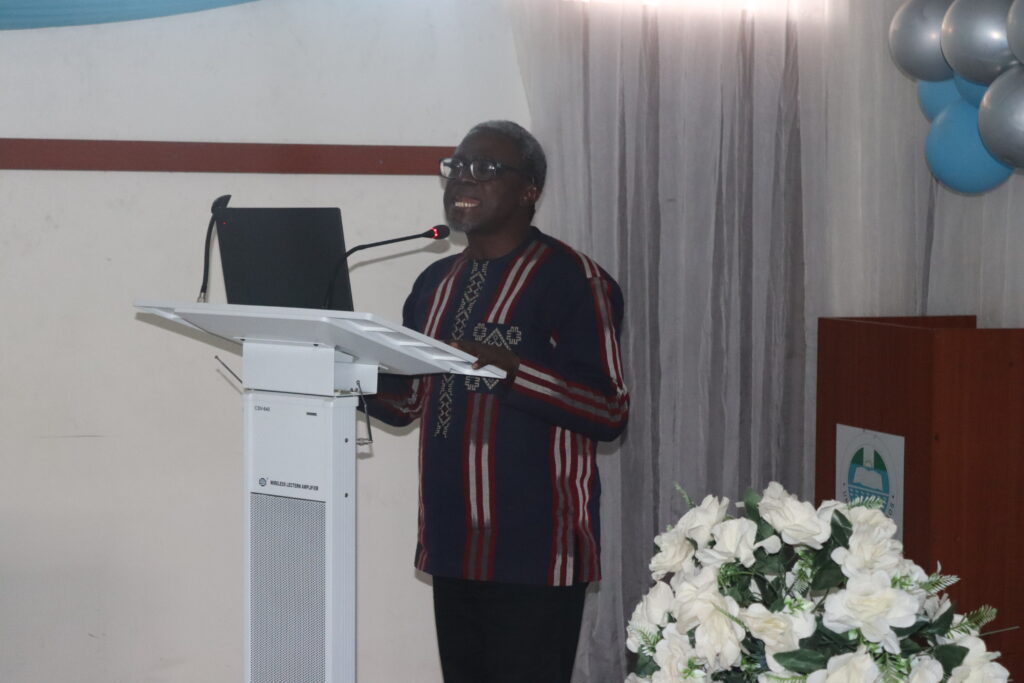
“These thinkers equip us with a formidable intellectual arsenal for confronting epistemic injustice and imagining a genuinely African development model”, he said.
Themed Decolonizing African Spaces of Knowledge: A Posthumous Conference in Honour of Four Eminent African Philosophers, the two-day event was convened by the Department of Philosophy and the Institute of African and Diaspora Studies, UNILAG, in collaboration with the Université d’Abomey-Calavi, Republic of Benin.
Held at the Faculty of Arts Boardroom, the conference brought together scholars, students, and thought leaders from across the continent to reflect on the enduring impact of the four philosophical icons and to chart a shared vision for the decolonization of African knowledge.
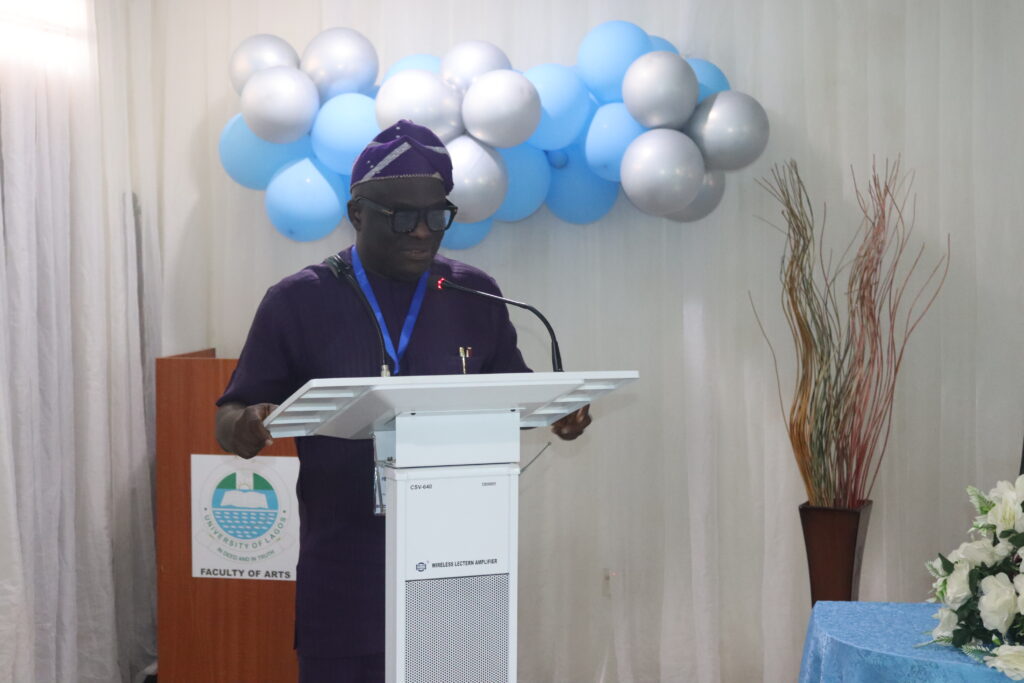
In his opening remarks, Deputy Vice-Chancellor (Management Services), Professor Muyiwa Falaiye, traced the arc of African philosophy from Anton Wilhelm Amo, the first African-born academic philosopher in Europe, to post-independence Nigerian intellectuals such as Peter Bodunrin and Biodun Shodipo.
“Is there such a thing as African philosophy?” he asked rhetorically. “Yes, it exists. But the Western tradition has too often refused to see it.” He described African philosophy as both a response to colonial imposition and a foundation for self-determined intellectual traditions rooted in African realities.
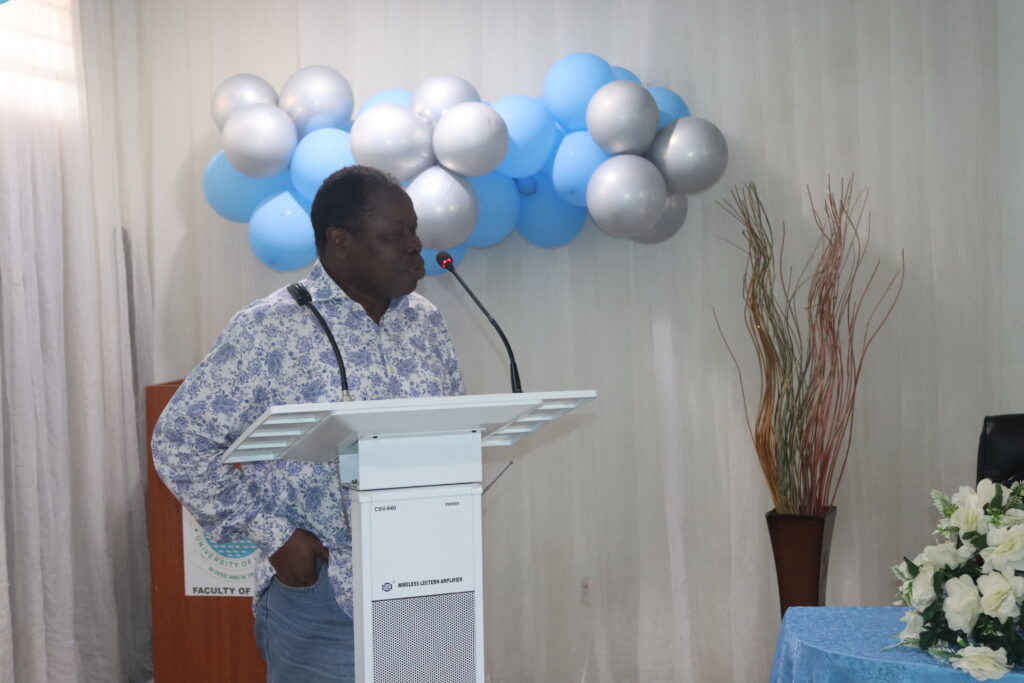
Welcoming participants, Dean of the Faculty of Arts, Professor Mudashiru Akanbi Ilupeju, underscored the importance of living philosophy rather than merely studying it. Speaking in French and English, he emphasized that “we must speak, write, and think as Africans for Africa.”
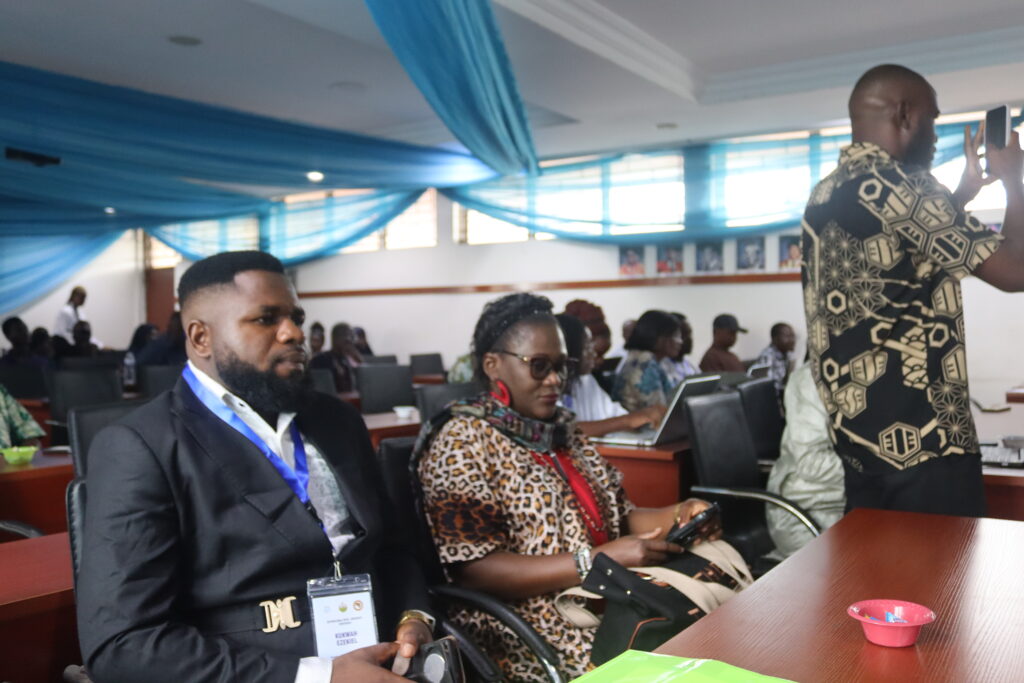
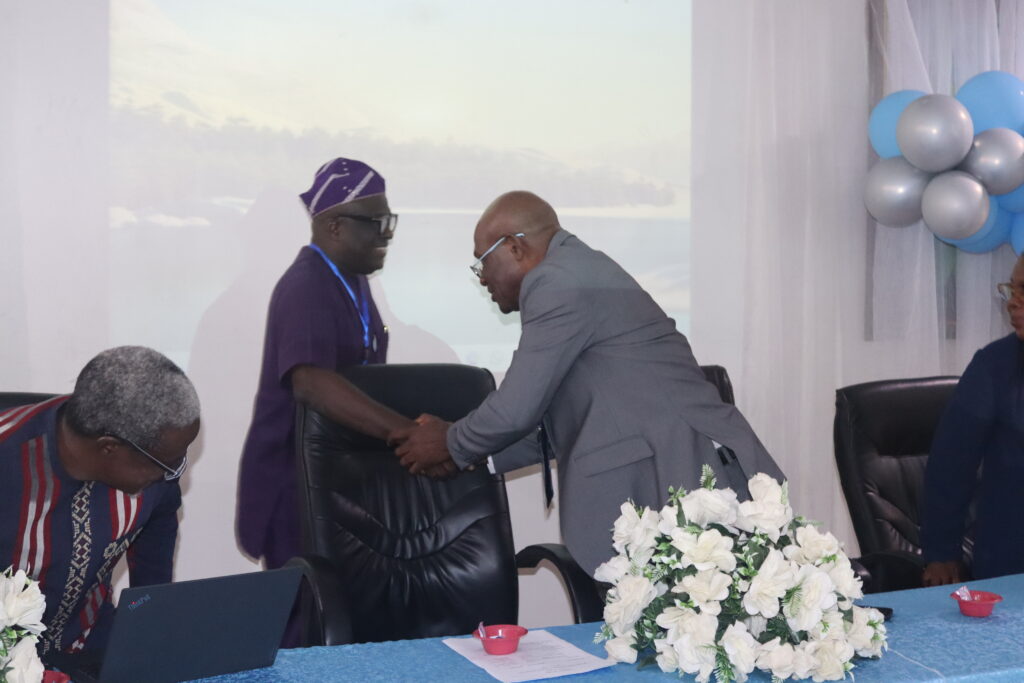
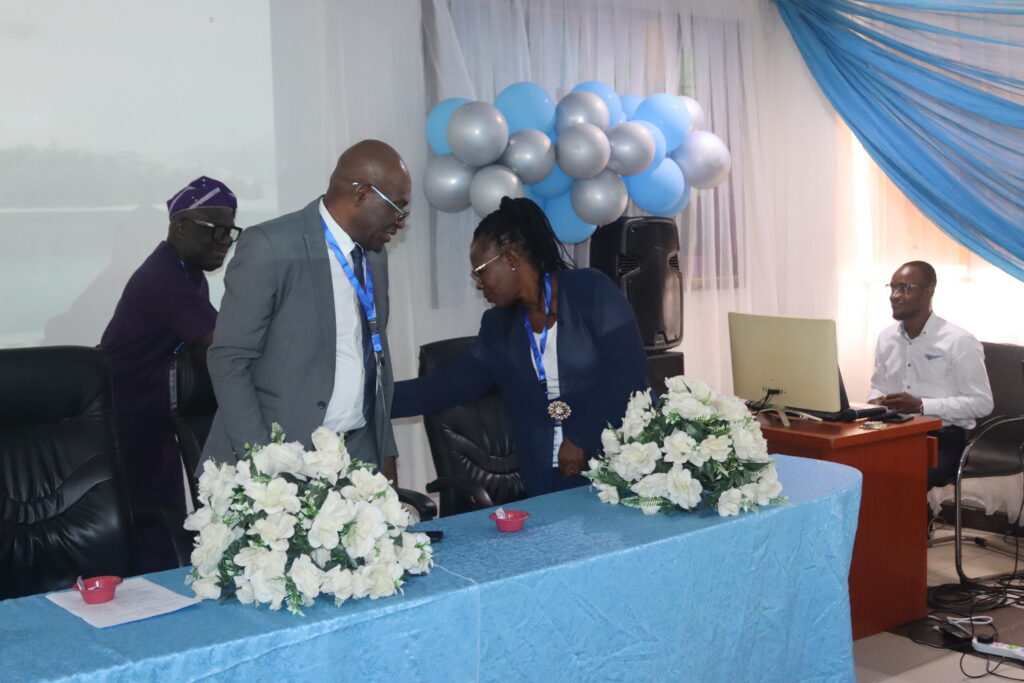
For Head of the Department of Philosophy, Professor Chiedozie Okoro, the event was both remembrance and recommitment. He recounted how the planning began the previous year and noted the deliberate inclusion of Université d’Abomey-Calavi, where Hountondji’s influence remains strong. He also acknowledged the early involvement and eventual withdrawal of the University of Cape Coast, homeland of Kwasi Wiredu.
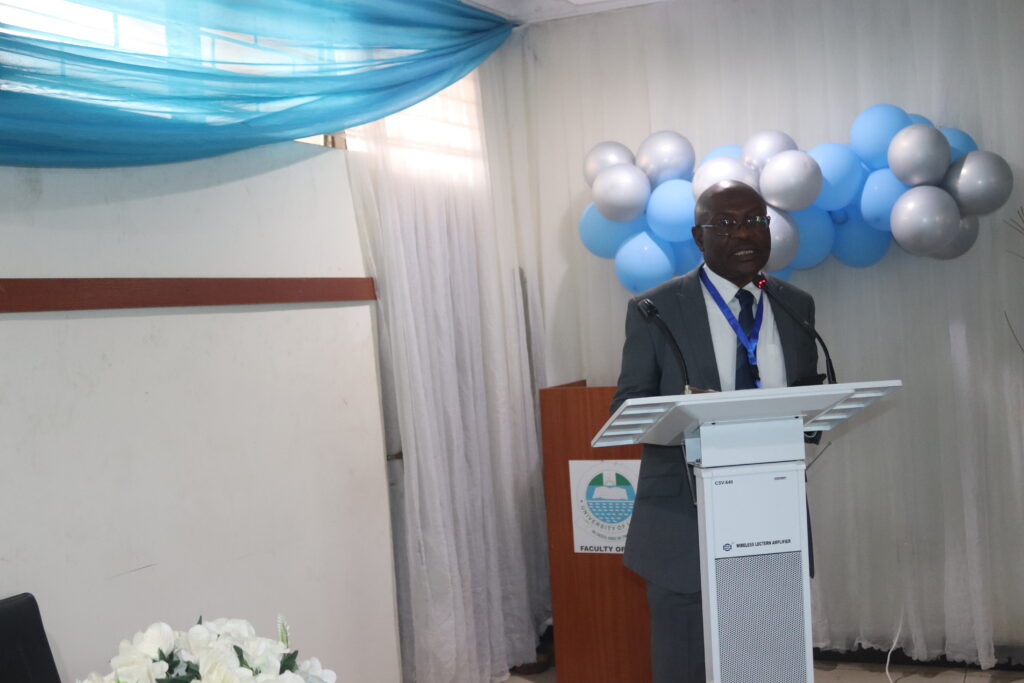
“Whether or not they were present,” he said, “Wiredu’s voice could never be absent from this conversation. We are recommitting ourselves to the mission these thinkers began.”
Conference Convener and Planning Committee Chair, Dr. Peter Oni, framed the gathering as a call to action. “To decolonize knowledge is not simply to reject the colonial,” he argued. “It is to affirm the African. Our epistemologies are not peripheral; rather, they are central. This conference challenges us to reimagine philosophy through our own traditions.”
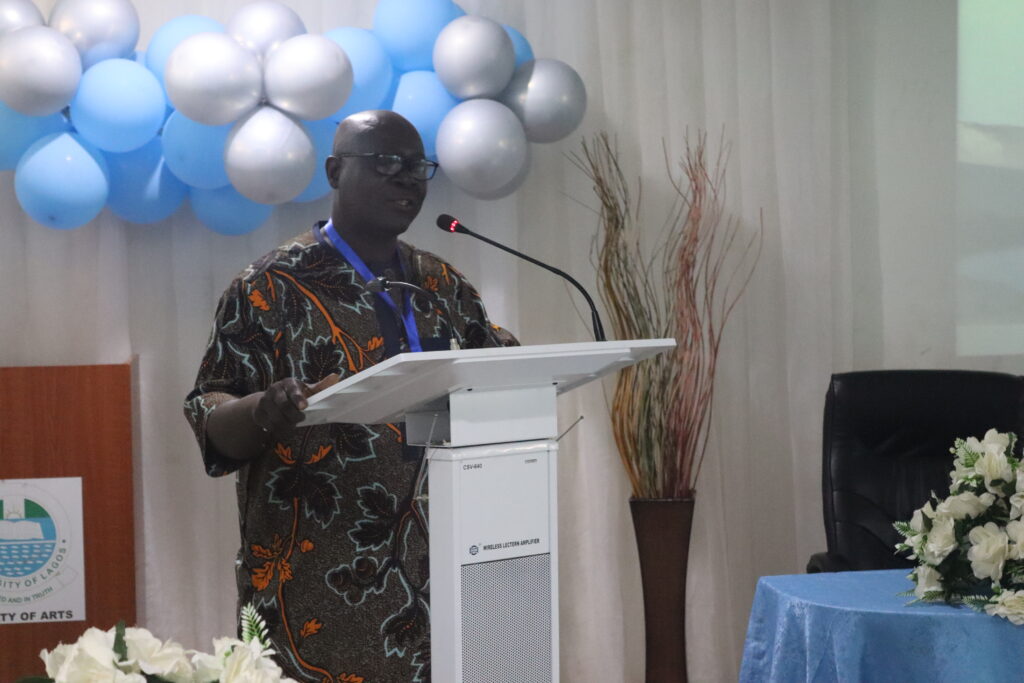
The event continued on Friday, July 11 with paper presentations and roundtables focused on rethinking African intellectual history and advancing research rooted in indigenous knowledge systems.
More than an academic milestone, the conference issued a continental challenge for African institutions to invest in philosophical self-definition and for the next generation of scholars to build boldly on the foundations laid by the thinkers it honoured. As participants affirmed, to decolonize African knowledge is not just a task; it is a movement already underway.
Report / Photographs: Bayo Salau
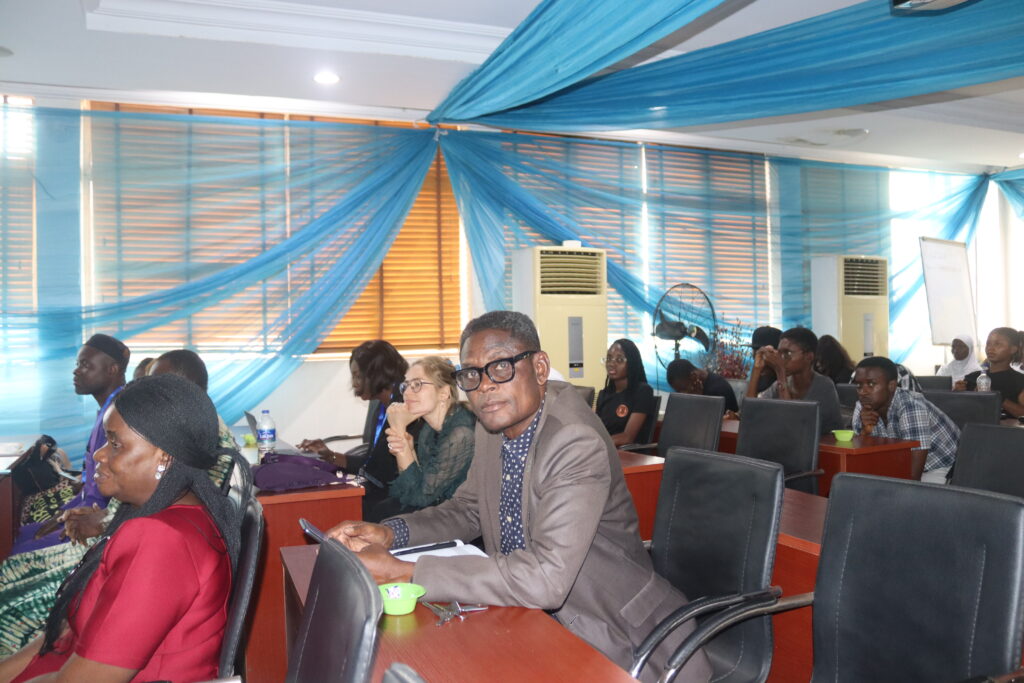
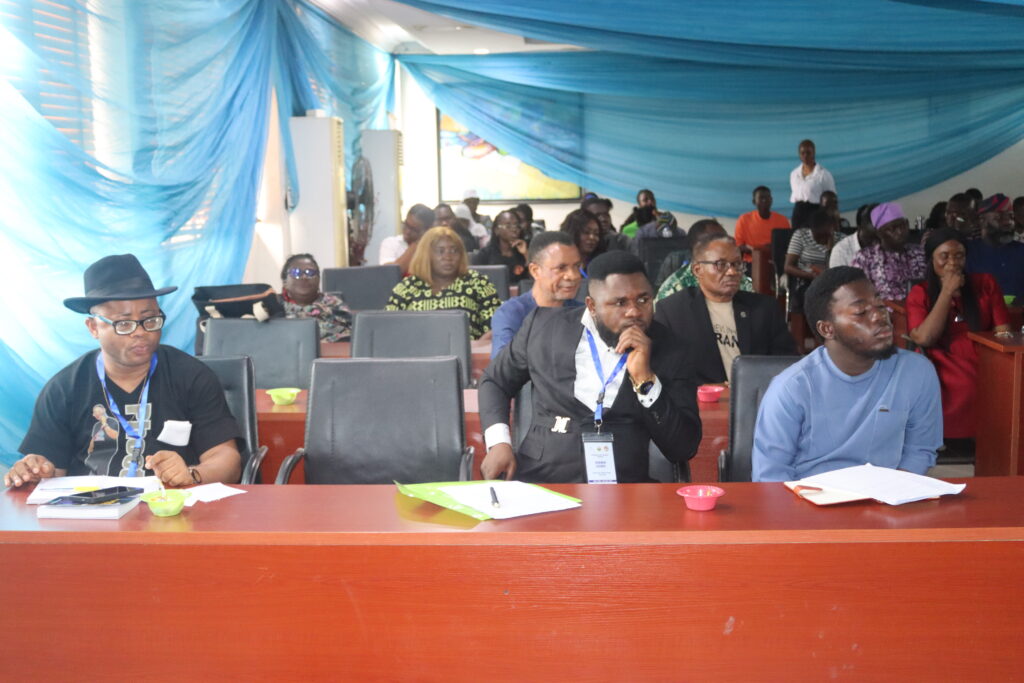
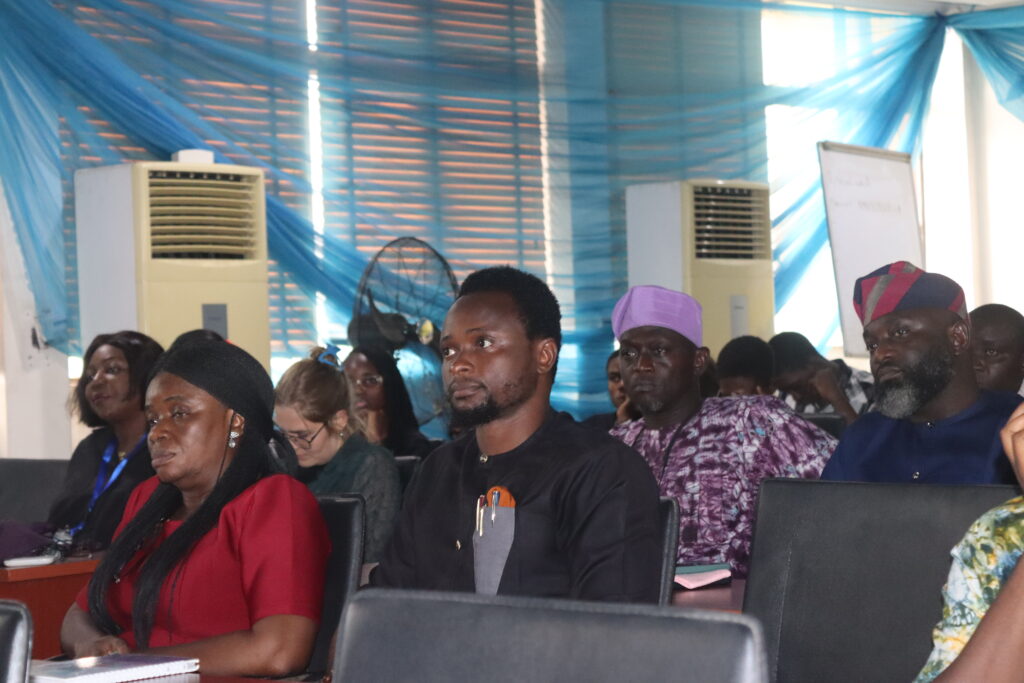
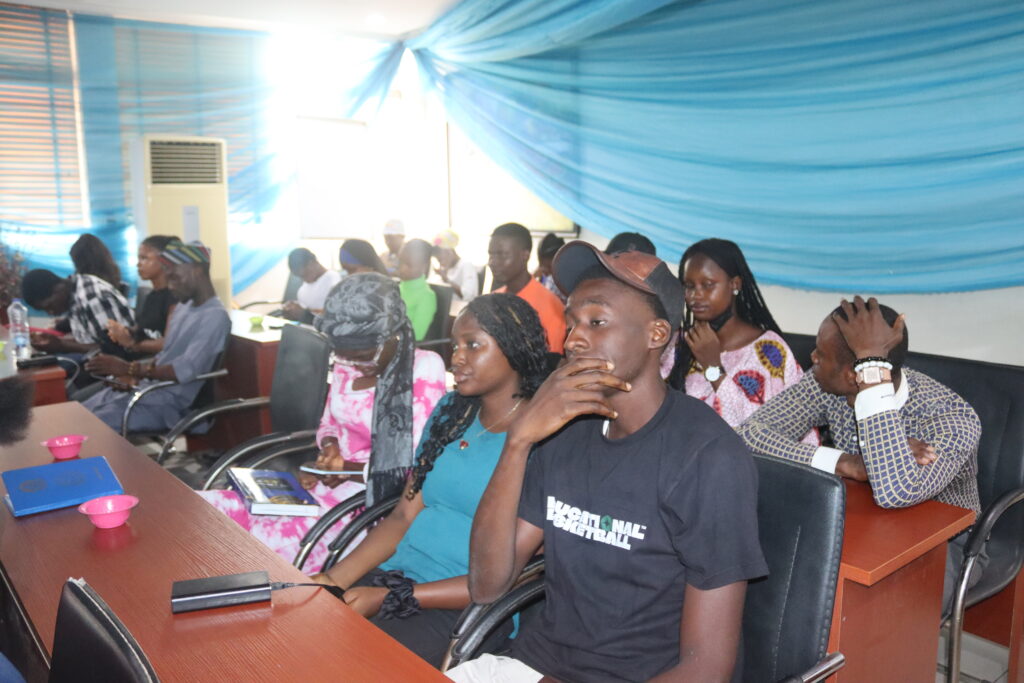
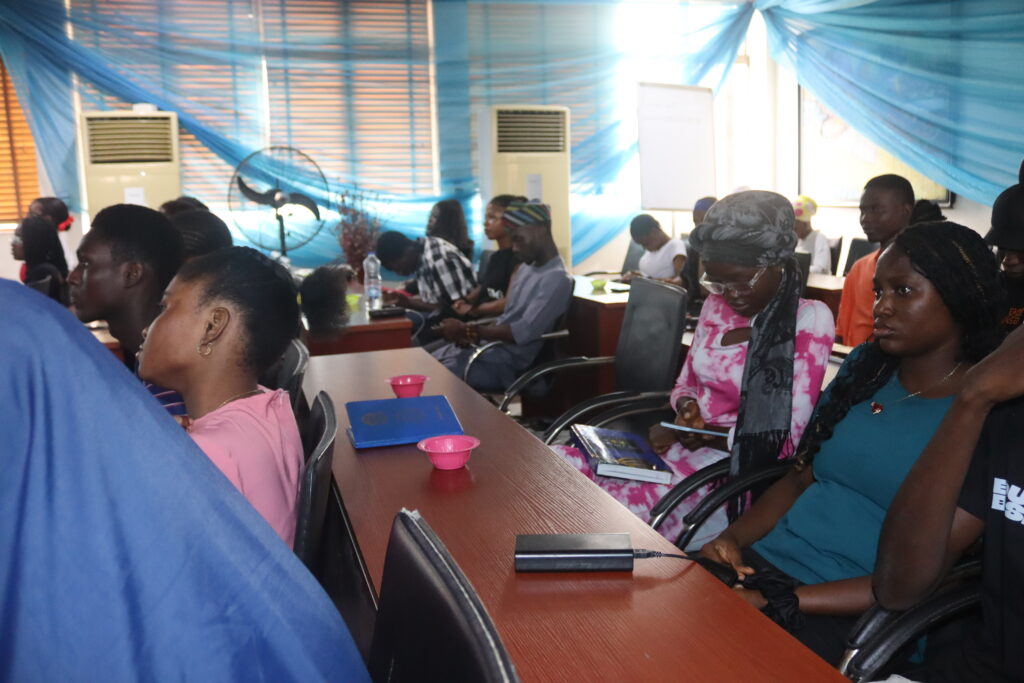
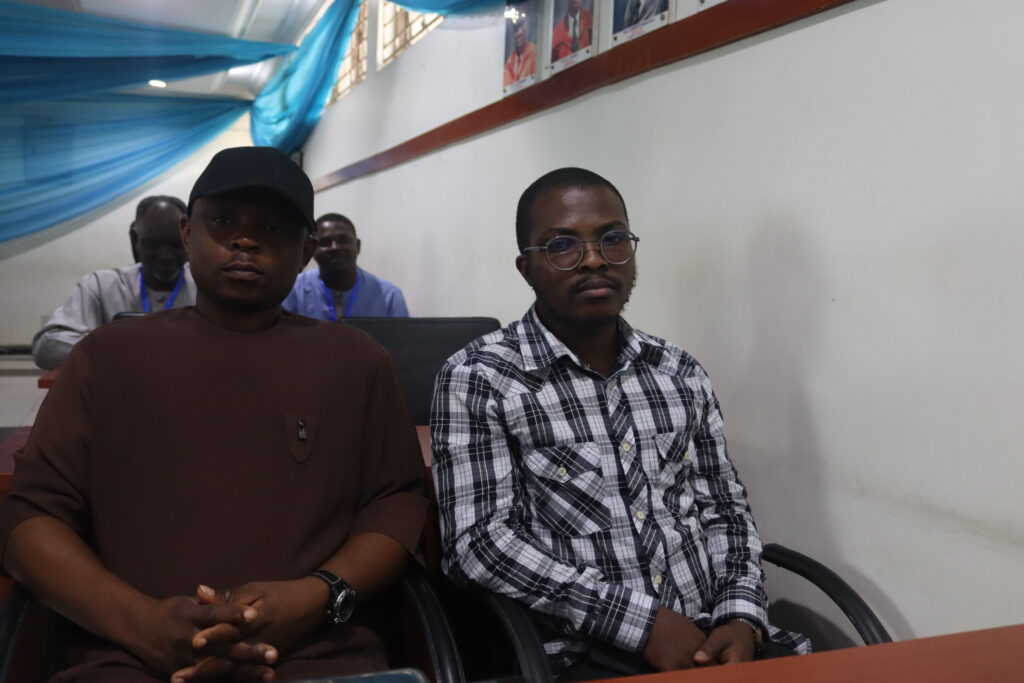
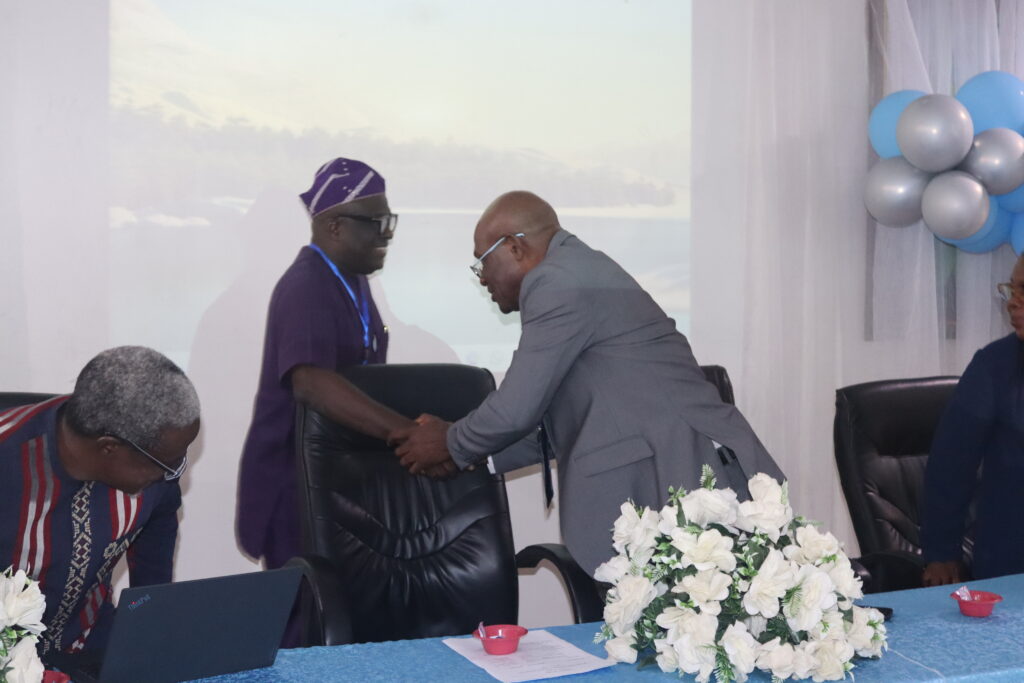
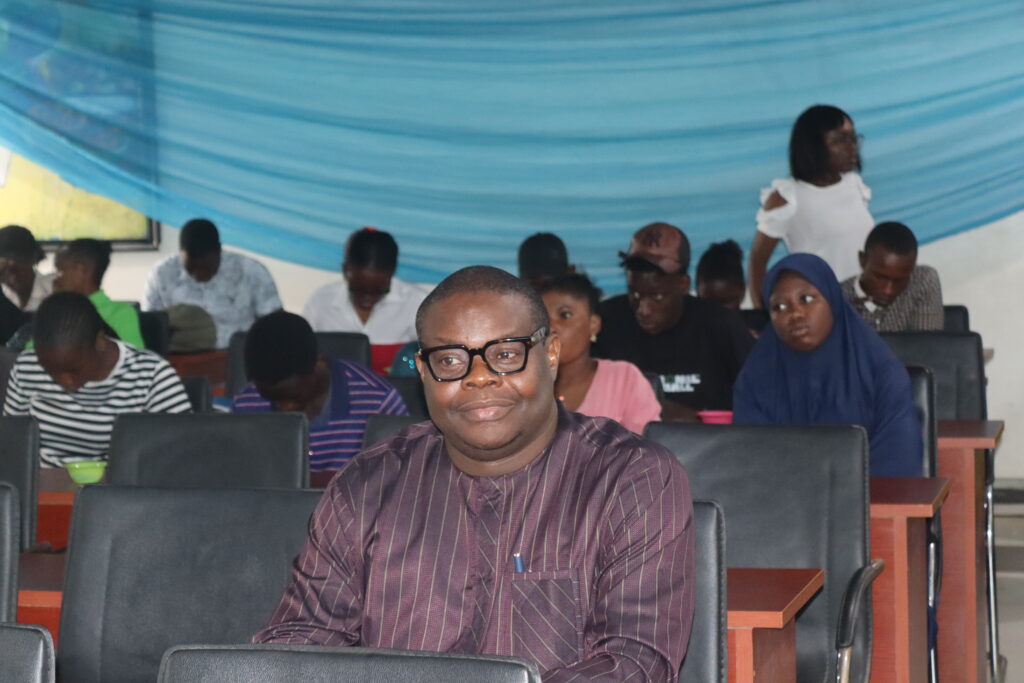
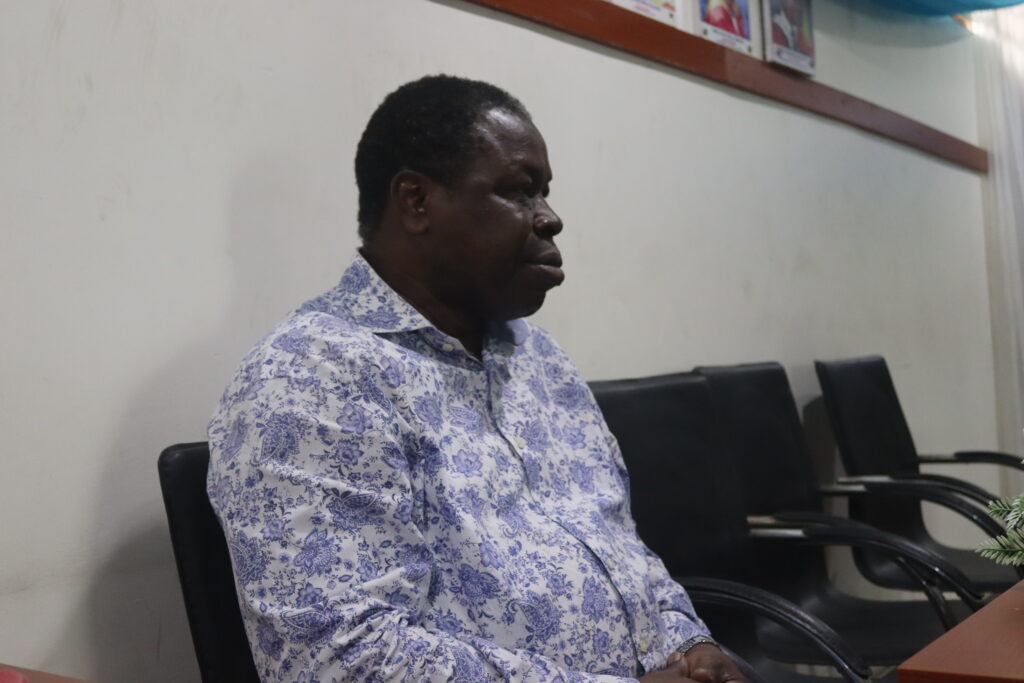
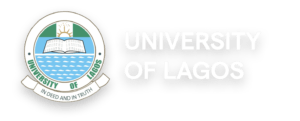
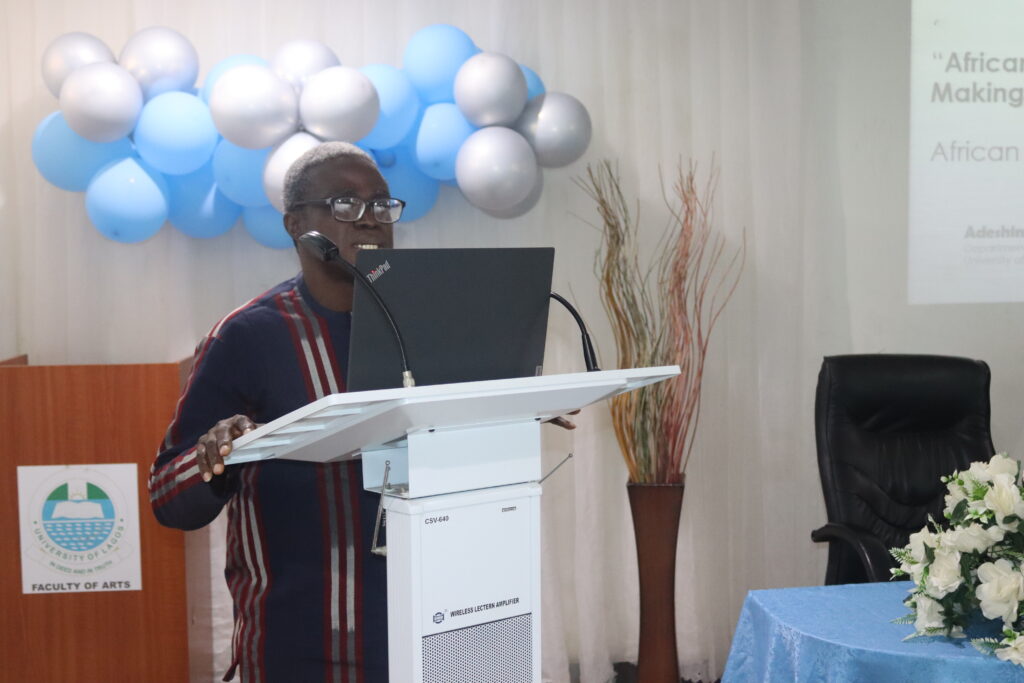
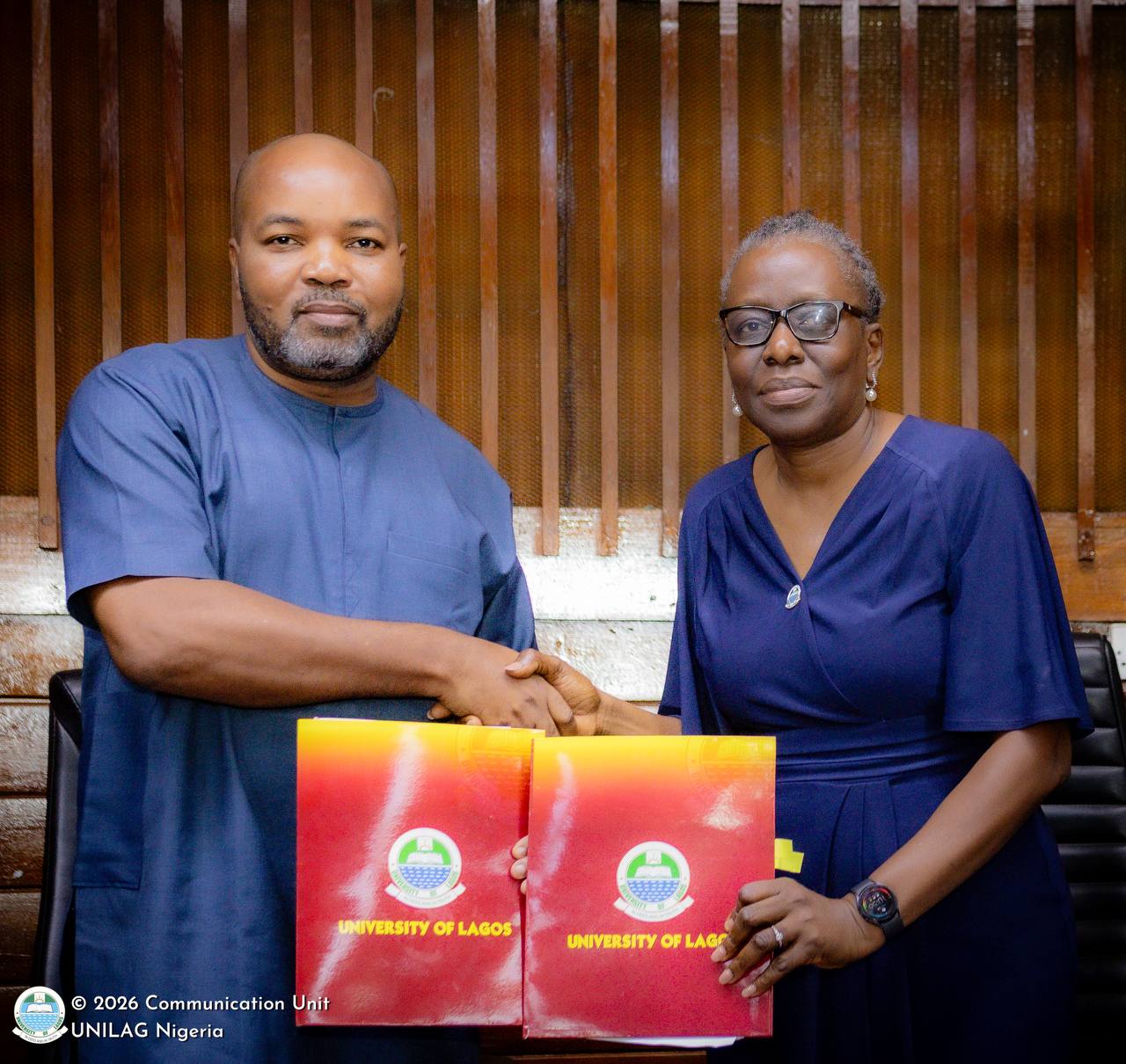
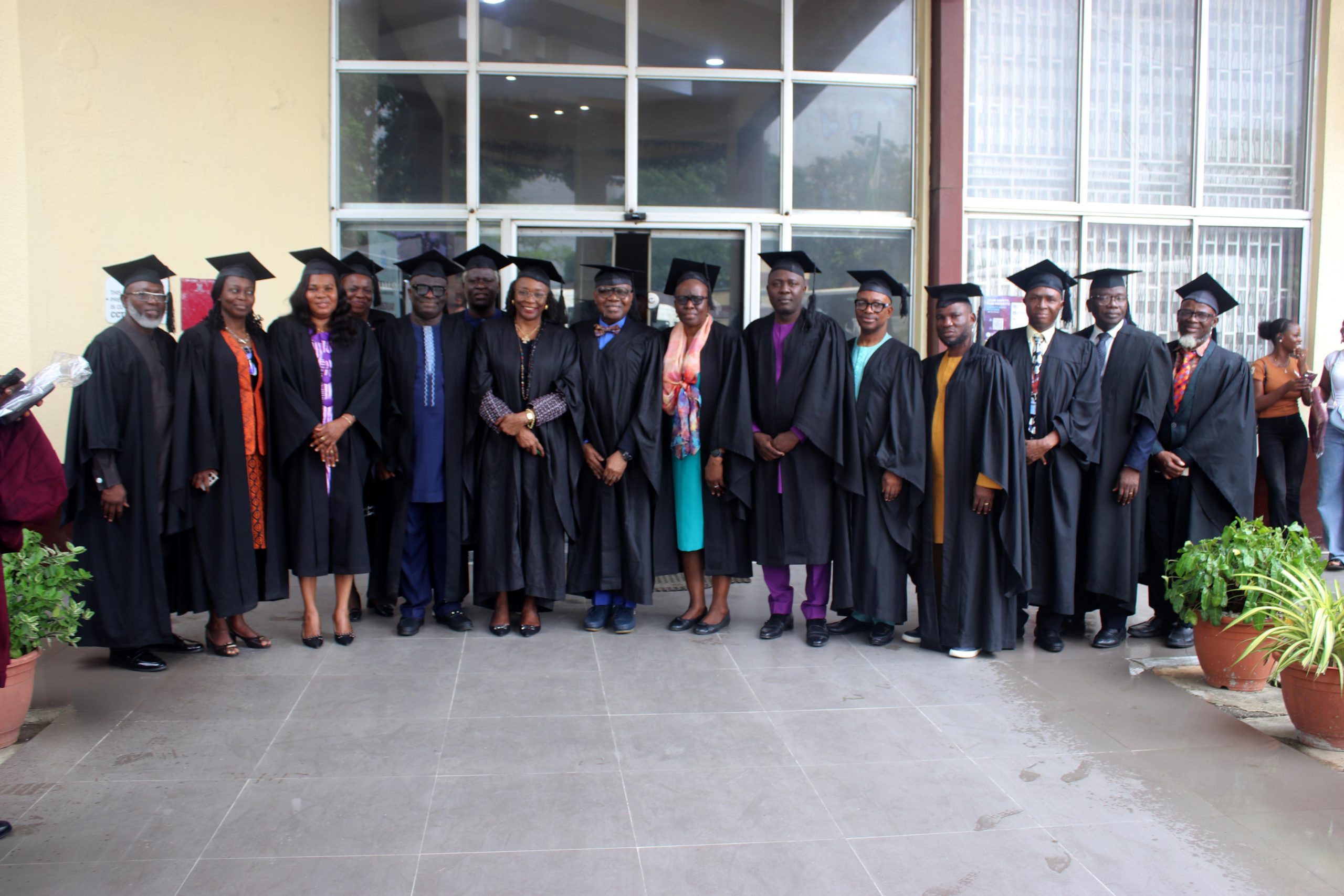
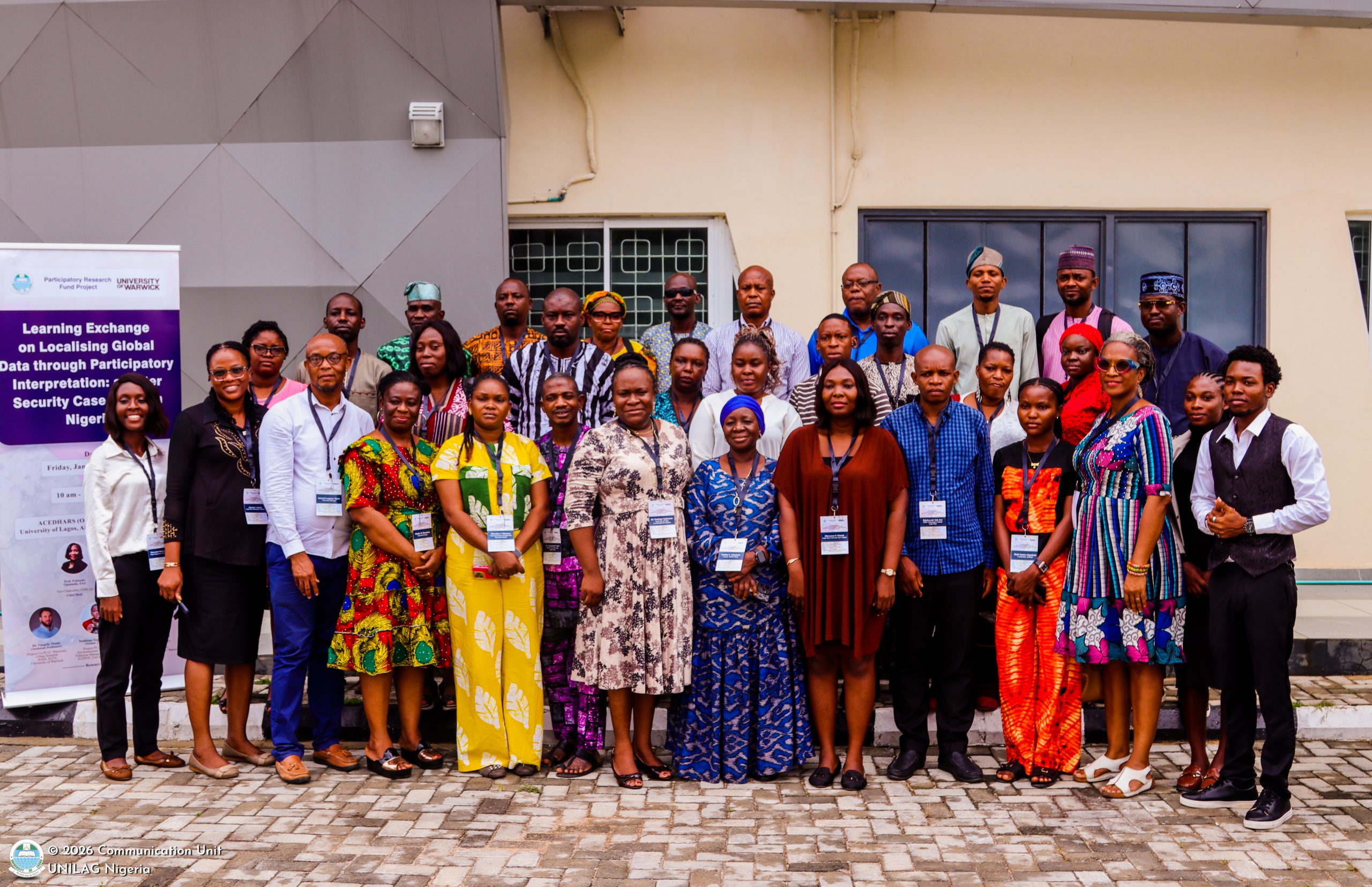
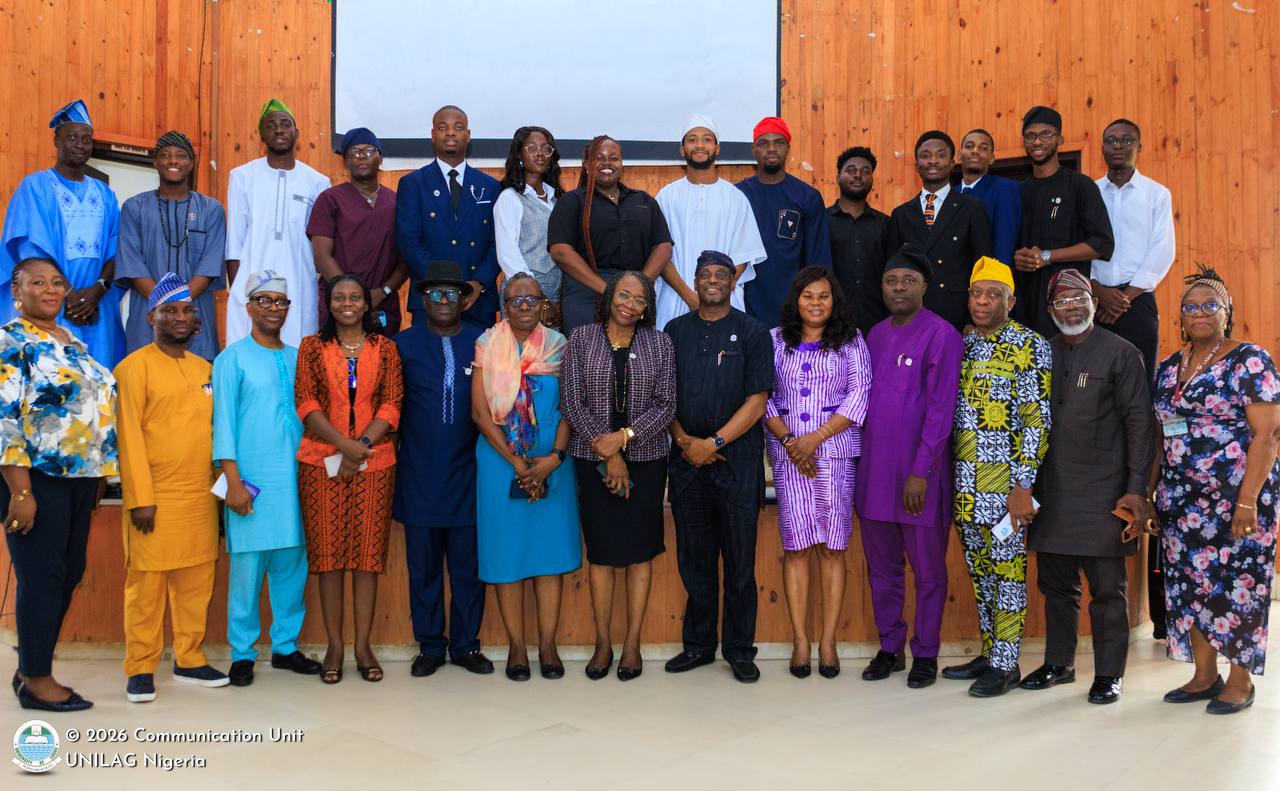

One Response
A vey excellent move. African Philosophy is retardant and it’s high time we made it grow. Let’s channel the energy we put on the western philosophy on our own philosophy and watch it become our way of life.